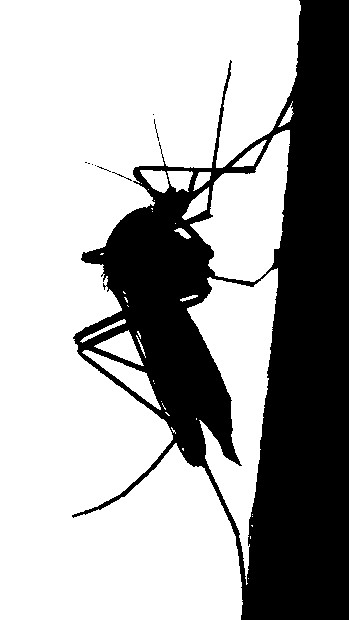Anti-dengue mozzies made
 CSIRO scientists have genetically engineered mosquitos that are resistant to spreading the dengue virus.
CSIRO scientists have genetically engineered mosquitos that are resistant to spreading the dengue virus.
Dengue infects over 390 million people every year, with symptoms including fever, headaches and muscle aches. Severe forms of the disease can lead to haemorrhage, shock and even death.
CSIRO Senior Research Scientist Dr Prasad Paradkar says the dengue virus is causing an epidemic in tropical and subtropical regions worldwide, with large outbreaks currently occurring in Bangladesh, Pakistan, Sri Lanka and the Philippines.
“There is a pressing global demand for effective strategies to control the mosquitoes that spread the dengue virus, as there are currently no known treatments and the vaccine that is available is only partially effective,” Dr Paradkar said.
“In this study we used recent advances in genetic engineering technologies to successfully genetically modify a mosquito, the Aedes aegypti, with reduced ability to acquire and transmit the dengue virus.
“This is the first engineered approach that targets all four dengue types, which is crucial for effective disease suppression.
“Mosquito-transmitted viruses are expected to climb over the coming years, which is why CSIRO is focussed on developing new ways to help solve this global challenge.”
Global economic losses as a result of dengue are currently estimated to be $40 billion a year.
The dengue-resistant mosquitoes were also given a red-eye gene to distinguish them from regular mosquitoes, which can be seen in the image to the right.







 Print
Print